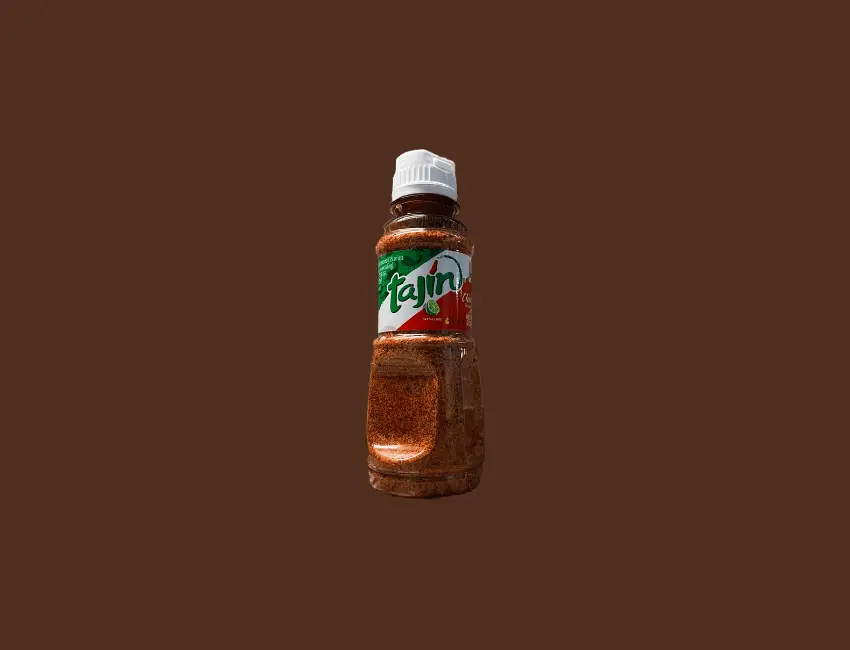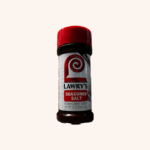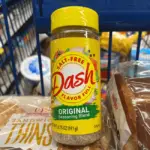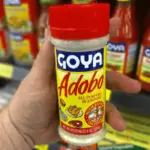Tajin is a popular seasoning commonly used in Mexican dishes. However, it’s certainly versatile enough to be used in a variety of cuisines that need a little spice to liven them up.
Its primary ingredients are mild chili peppers, lime, and sea salt. But, does Tajin also have MSG added as an ingredient? Let’s get into the details!
Tajin & MSG
Food manufacturers in the U.S. market are required to list added MSG as an ingredient when it is used in packaged foods. The list of ingredients will reflect MSG’s full name of Monosodium Glutamate when added. Monosodium Glutamate is not listed as an ingredient in any Tajin seasoning listed below:
Tajin Clasico Seasoning: chili peppers, sea salt, citric acid, 0.5% or less of: dehydrated lime juice, and silicon dioxide (to prevent caking).
Tajin Clasico Reduced Sodium Ingredients: chili peppers, sea salt, citric acid, dehydrated lime juice, potassium chloride, silicon dioxide (to prevent caking).
Tajin Habanero Seasoning Ingredients: habanero peppers, chili peppers, sea salt, dehydrated lime juice, silicon dioxide (to prevent caking).
In summary, Tajin does not have added MSG.
SEE ALSO>>>Do Takis Have MSG? – Answered
MSG Labeling Requirements
The U.S. Food and Drug Administration (FDA) is the agency that requires manufacturers to list added MSG in the ingredients list when used. However, the FDA does not require MSG to be listed when it is naturally in ingredients like tomatoes, cheeses, and soy extracts. According to The Guardian, nearly all foods have at least some naturally occurring glutamate.
Keep in mind that MSG has been “generally recognized as safe” by the FDA to be used as a flavor enhancer in foods. However, there are many people who have reported adverse health issues that they believe are caused by consuming MSG. The symptoms include headache, flushing, sweating, numbness, weakness, nausea, and other mild problems.
Despite the negative claims regarding MSG, research has found no convincing proof to suggest that MSG is harmful or causes any of the above-listed symptoms. However, there is a theory that a small percentage of people are sensitive to MSG, especially when consumed in larger portions. Of course, stop consuming products with MSG if you think it is causing health issues with your body.
Sources:
tajin.com
Zeratsky, K. (2022, April 20). How does your body react to MSG? Mayo Clinic. Retrieved November 21, 2022, from https://www.mayoclinic.org/healthy-lifestyle/nutrition-and-healthy-eating/expert-answers/monosodium-glutamate/faq-20058196#:~:text=Monosodium%20glutamate%20(MSG)%20is%20a,that’s%20generally%20recognized%20as%20safe.
Renton, A. (2005, July 10). If MSG is so bad for you, why doesn’t everyone in Asia have a headache? The Guardian. Retrieved November 21, 2022, from https://www.theguardian.com/lifeandstyle/2005/jul/10/foodanddrink.features3







